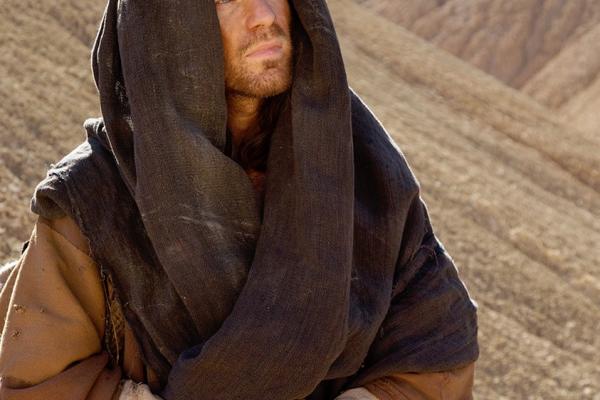May 9, 2016
One of my favorite moments in Rodrigo Garcia’s Last Days in the Desert occurs early on in the film. A tired, hungry Jesus (played by Ewan McGregor), nearing the end of his 40-day fast in the wilderness finds himself caught in a windstorm. A leaf keeps blowing playfully, catching him in his hair. In this most human and relatable moments, Jesus becomes annoyed and screams at God.
I’ve definitely been there.
Last Days in the Desert, which opens this Friday, imagines what some of that fast would have been like and explores the riddle of Jesus’ humanity and sonship.
Read the Full Article

Already a subscriber? Login
